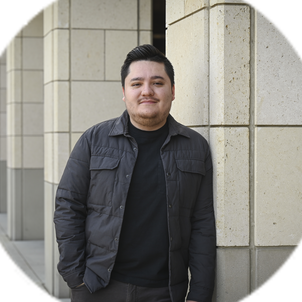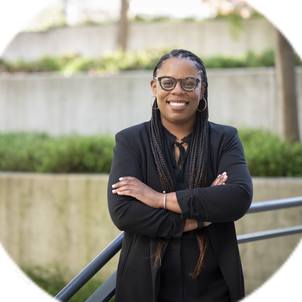I had just finished meeting with a group of colleagues. The meeting itself was great and the company was engaging. However, the space was oppressive, stuffy and cramped. Cinder block walls closed in on us and the artificial light induced a dreary feeling. As I walked outside and back onto the sunny Stanford campus, I felt keenly aware of the difference in my sense of physical and mental wellness.
Together with partners in civil engineering, computer science and psychology, I’m now working to examine the impact of buildings and materials on human well-being. There is a fair amount known about how physical health is impacted by toxic materials in a building, but less around how mental health and overall well-being – things like a sense of belonging, stress, creativity, mood and physical activity – are impacted by buildings. Although there are hypotheses about buildings’ effects on occupant well-being, few of these have been tested at scale over time. Today, building occupants, operators, designers and builders work in silos. We don’t have the science to clearly identify building priorities around well-being that would bring these groups together early on in a building project. Given that it’s 2018, it’s time to start getting this right! Our goal is to fill in the gaps of understanding what works in the long term by taking an integrative, scientific approach to answering the question of how our buildings support well-being.
One of my favorite aspects of our research is what we’re doing to look at how spaces can contribute to a sense of belonging. More and more organizations are trying to foster a sense of belonging through inclusion and supportive cultures, but we can’t remove physical space from the equation. It’s exciting to think about how our work could potentially alleviate any lack of belonging, allowing people to really thrive and grow in the spaces where we spend so much of our time.
Related spotlights

Lara Weed

Sebastian Fernández

